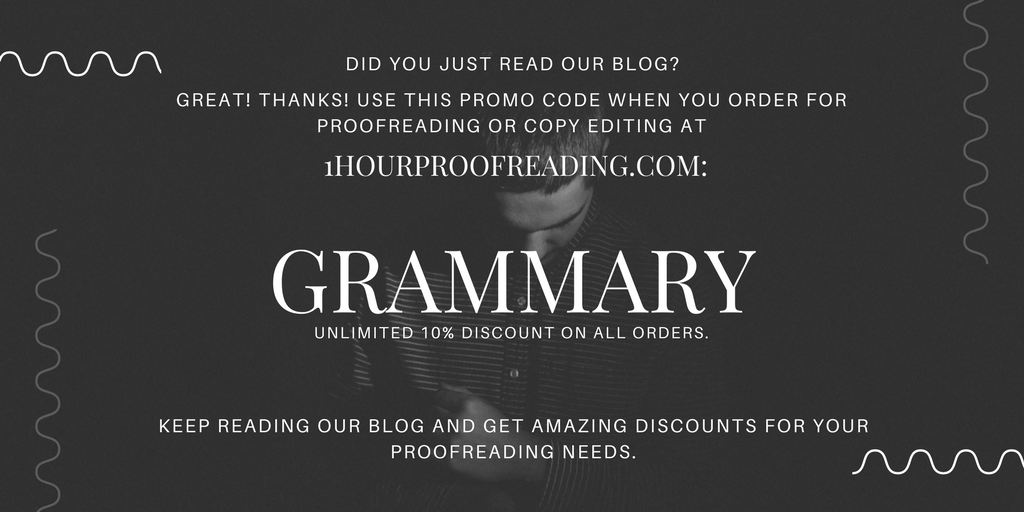Why Writers Should Trust Editors
Posted on Mar 28, 2016
Writers are, for the most part, proud creatures. Sure, they seem to sulk more than anything, and people might imagine them as having more of F. Scott Fitzgerald’s mild-mannered temperament than of Ernest Hemingway’s argumentative one. But it must be remembered that they do pour so much effort into their works, and they treat them as their children. So, of course, they feel what parents do especially when showing off their sons and daughters to the world: pride. But pride is not equal to perfection.

Elizabeth Bennet would probably even go so far as to say that pride is a flaw (though she did marry Darcy in the end—but that’s not the point), and she would be right; pride often hinders judgment, clouding it from the flaws hiding in plain sight.
The thing is that to see and correct these flaws, writers would have to get off their metaphorical high horses and accept that they do indeed need help.
The pen is a writer’s sword, the adage goes. If so, then the sword would need a whetstone to make sure that its edges are sharp, that its point will get the message across, and that its blade will cut through the heart of the matter.
Editors serve as that whetstone, honing a writer’s work into a fine weapon of mass instruction.
Writers might be cagey at first, and they might find it difficult to trust someone else with their work. But to reach their work’s full potential, they have to set aside that guardedness. They have to lower their pride and increase their trust.
“Why should they?” one might ask. After all, don’t writers know what’s best for their work since, well, it is their work?
Well, first, writers cannot edit their own work. As has been established before, they are too close to their work that they are blind to their mistakes. They need a fresh set of eyes, a new perspective, to see their work in a different light and spot whatever errors there might be.
Second, editors have respect for the writers’ work. They are silent in their jobs, and they do not override the writers’ style. In fact, they do not contradict it at all. They are trained to understand what the writers want to say, not to put their own spin into it.
Third, editors do not give praise. They are not paid to commend the awesomeness of the work. They are not paid to applaud the character development and the plot twists and to approve of the denouement. They are not paid to feed the writers’ egos. What they are paid for is to make the work better.
Fourth, editors don’t steal the spotlight. They don’t get recognized for their rendered services. They do not get bylines, and they do not get credit. They lurk behind the scenes, and unless the writers acknowledge them, behind the scenes is where they will indefinitely stay.
Ultimately, editors want the best for writers. They aim to improve the work and the writers; they will do everything they can to achieve that. With that, there really is no one else a writer could trust more with the work than an editor.
Feeling the trust yet? The 1-Hour Proofreading team will be sure to handle your work with the care it deserves and will make sure it’s the sharpest sword in the box.
About 1-Hour Proofreading
1-Hour Proofreading is a growing start-up offering fast and efficient editing services at a reasonable price with the assurance that the document is publication-ready the soonest you need it. Its team of highly competent professional editors is committed to helping those in need of quality editing services while facing tough deadlines.
Visit 1hourproofreading.com for more details.
Follow us:
Back to Grammary



